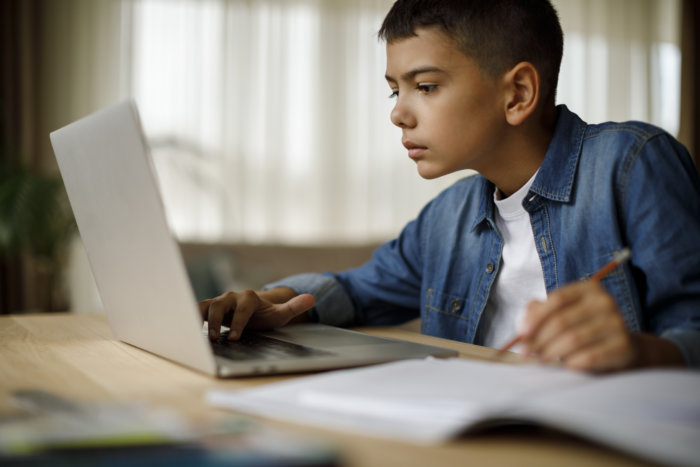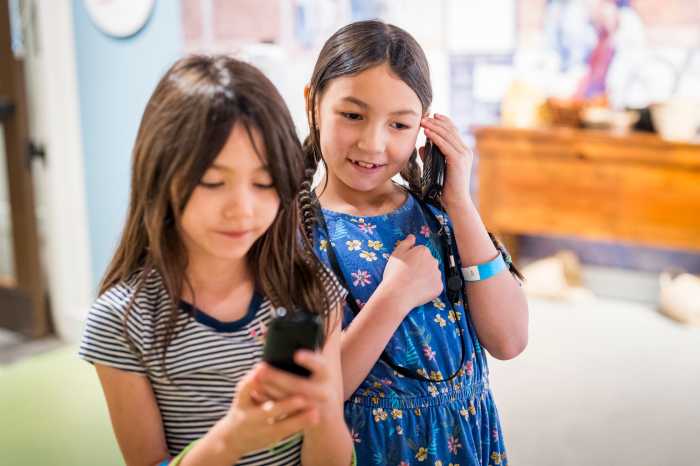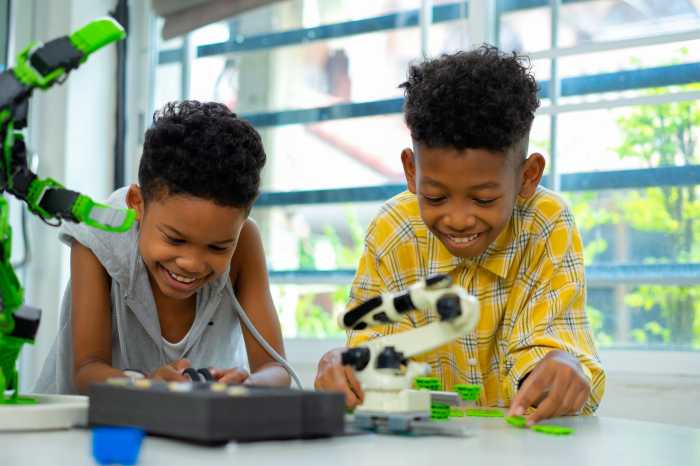Many Philadelphia students have made the switch to virtual schooling this year and although it’s certainly not an ideal learning situation, there are still many ways to ensure your child is getting a quality education.
The coronavirus pandemic has altered almost every sense of normalcy in children’s lives and having students—especially elementary-school aged students—attending school virtually has been a major adjustment. It is important to help children embrace learning, even if currently, “going to school” means turning on a computer.
Every kid is different, and learns differently. Which is why it’s important to find what works best for your child. Here are some tips to help:
Establish a Routine
Although your child is not physically going into school, it’s important to keep a daily routine. This should include waking your child at the same time they usually get up for school, getting washed, dressed and eating a healthy breakfast. Although your child may not be leaving the house, he or she should still “get ready” for school like pre-pandemic times. This will increase productivity and also help children transition from a “home” to “school” mindset in preparation for the day’s lessons.
Create a Productive Environment
If possible, parents should create a desk for their children to attend school virtually. This could be a small table and chair, or even a designated place at the kitchen table or counter. Be sure it is stocked with school supplies like pencils, notepads and books. By giving your child an established place to learn, they can associate that location with school. This will help students stay organized and focused.
Reduce Distractions
During school hours, try and keep distractions to minimum. Turn off the television and non-school related screens like cell phones and video games. Also, make sure there aren’t any toys or games nearby that will distract from learning. Make sure your child keeps his or her workspace clutter-free so they can focus on schoolwork.

Maintain Friendships
One of the biggest adjustments for elementary-school aged children is no longer seeing their friends everyday. This can be extremely challenging and even lead to depression. It is vital to help your child stay in touch with his or her friends—whether it is virtually via zoom or Facetime or through a socially distanced visit. Seeing and talking with their friends is beneficial and also helps restore a sense of normalcy for children.
Exercise and Activity Time
As most adults know, sitting in front of the computer all day can be very draining. It’s important, especially for young children, to be active. Exercise is extremely imperative for both physical and mental health. Parents can consider raising the computer screen so their child is standing for a portion of the day. And when school is over, encouraging them to run around and play.
Although the coronavirus pandemic has been ongoing for months, both parents and children are still adjusting to virtual schooling. Tips like establishing a consistent schedule for schoolwork and creating a distraction-free place to learn will certainly help, but above all else, being flexible will help both parents and children navigate this new normal of education.

































